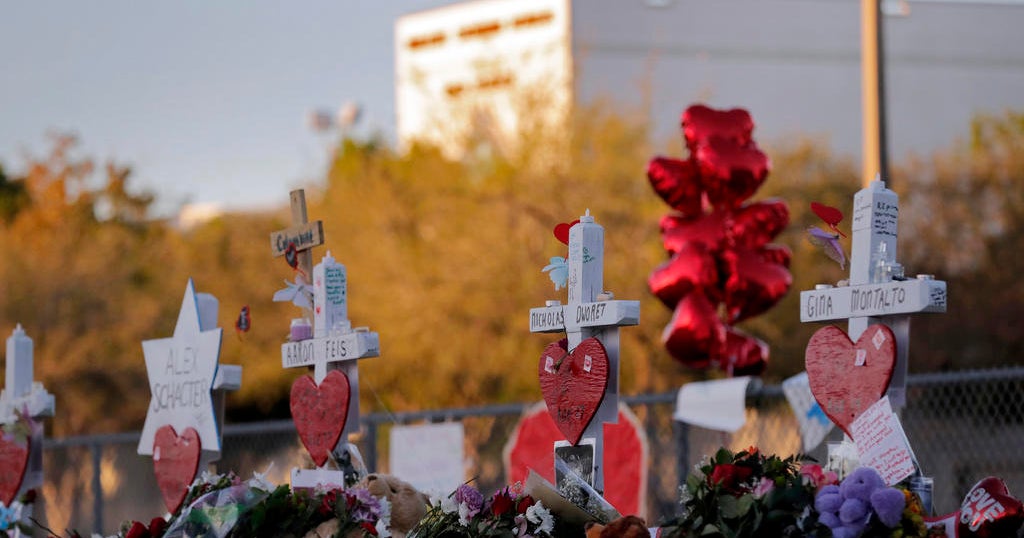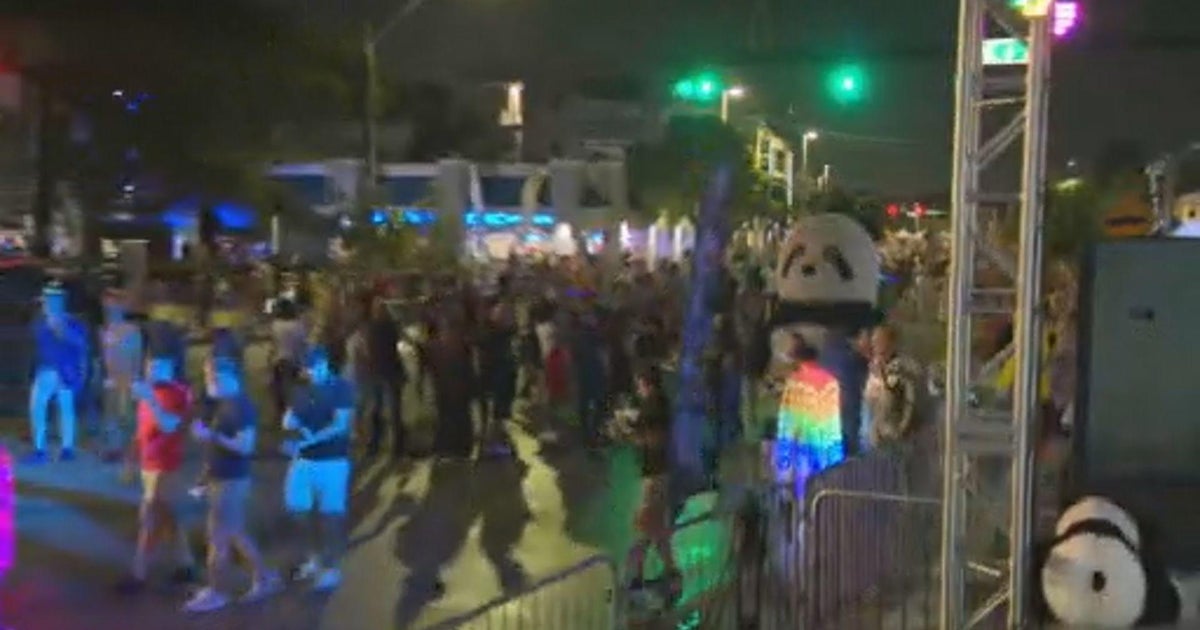Judge Denies Nikolas Cruz's Attorneys Motion For Testimony, Evidence Presented To Grand Jury
FORT LAUDERDALE (CBSMiami/AP) - A judge has denied a motion by lawyers for confessed Parkland shooter Nikolas Cruz that sought to view testimony and evidence presented to the grand jury that indicted him in March 2018.
Under Florida law, those proceedings are typically secret, and Circuit Judge Elizabeth Scherer said she saw no reason to broach that.
Cruz's attorneys had argued that it is unfair that the prosecution, which presented the case to the grand jury, has access to transcripts and evidence and can use them to impeach witnesses whose testimony changes, but they can't.
Prosecutors argued that Cruz's attorneys can ask for specific transcripts if they can show certain witnesses have changed their testimony, but giving them all the transcripts now would be a "fishing expedition."
Prosecutor Jeff Marcus also argued that Cruz's attorneys should not be allowed to use any failures by his therapists, school officials, or campus security guards as mitigating factors during the death penalty phase of his trial if he is convicted.
For example, Marcus told Scherer, Cruz's attorneys should not be allowed to argue that his responsibility for the deaths is lessened by the school violating its security procedures by unlocking its gates before dismissal and leaving them unguarded, allowing him to sneak in. Nor should they be allowed to argue that his actions are mitigated by the failure of some students who were shot to follow mass shooting protocols they had been taught, Marcus said.
"This is arguably third-party negligence directly related to the defendant, but it doesn't reduce his moral culpability," Marcus said.
Cruz attorney Melisa McNeill said her side will never use mitigating circumstances "as an excuse, as a defense or as a justification for the crimes that occurred." But, she said, jurors must know all the circumstances surrounding Cruz, his life, and the shootings if he is convicted and they are asked to decide between the death penalty and life in prison.
"We have this concept of mitigation because it prevents the risk of the death penalty being imposed on individuals who would be qualifying for less serious or severe penalty," McNeill said.
Scherer said she would rule soon. She rejected Wednesday two other arguments from Cruz's attorneys:
— That separate juries handle the guilt phase and, if needed, the sentencing phase. Scherer said both phases are typically handled by one jury and she sees no reason to deviate in this case.
— That Cruz's attorneys be allowed to eliminate more than 10 prospective jurors without cause during jury selection. She said they will likely be allowed to eliminate more once jury selection is underway, but it is premature to make that decision now.
Cruz, 22, has pleaded not guilty to the Feb. 14, 2018 shootings at Marjory Stoneman Douglas High School that left 17 dead and 17 injured. His attorneys have said he would plead guilty in exchange for a life sentence. Prosecutors have rejected that offer and are seeking the death penalty.
No trial date has been set as the pandemic slowed preparations. Scherer has begun holding frequent hearings to resolve issues that must be decided before jury selection begins.
(© Copyright 2021 CBS Broadcasting Inc. All Rights Reserved. The Associated Press contributed to this report.)



